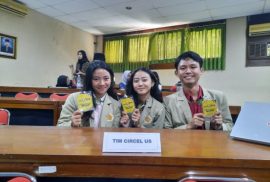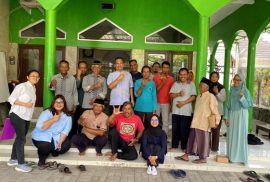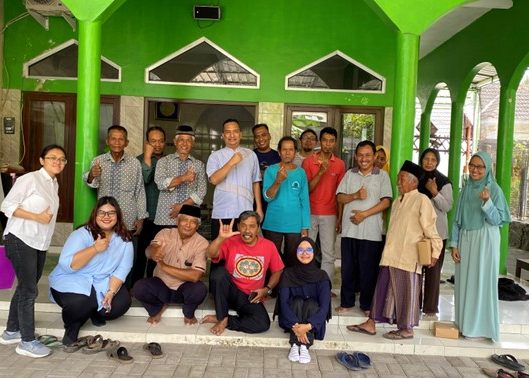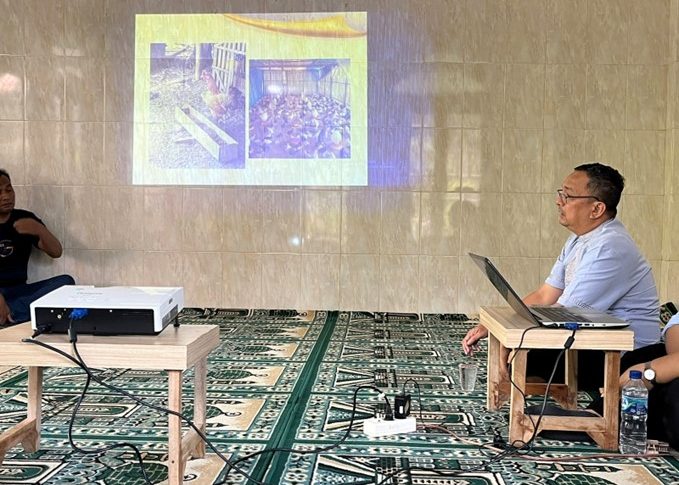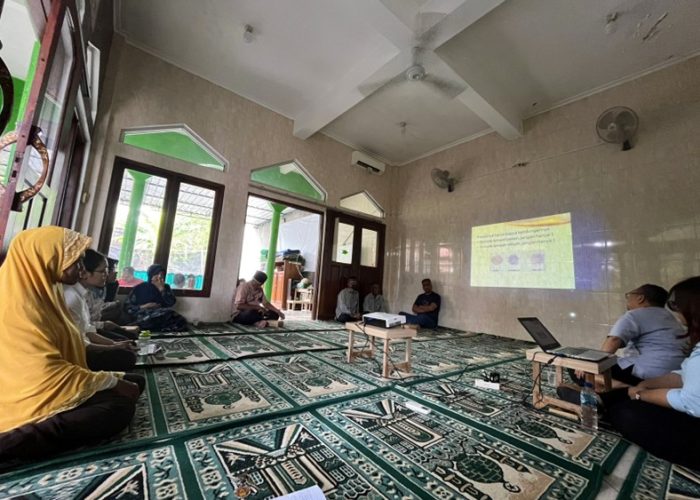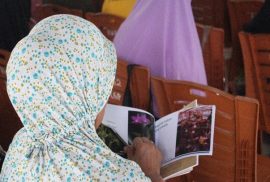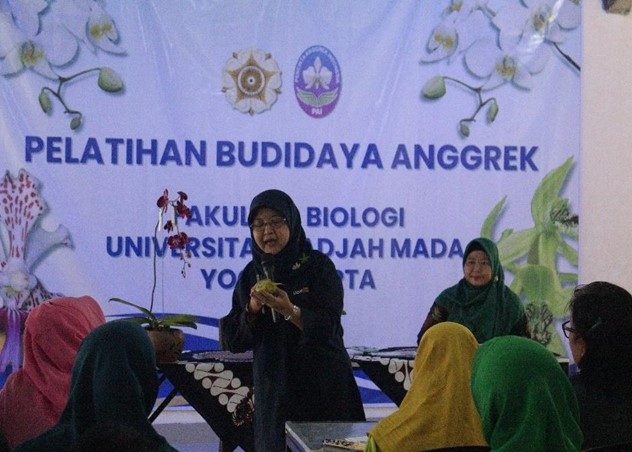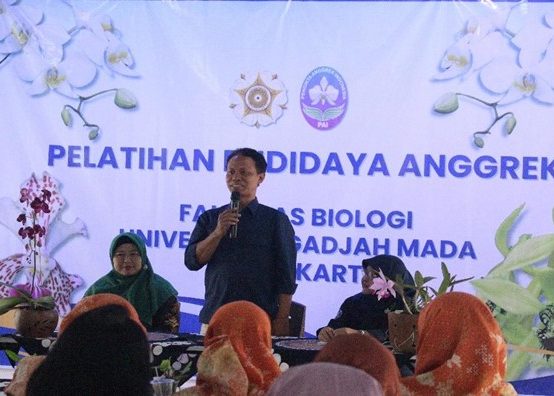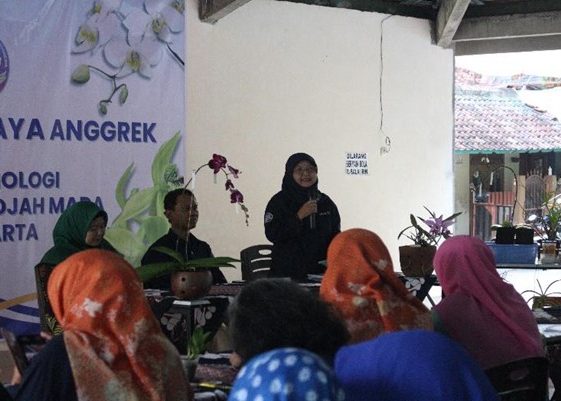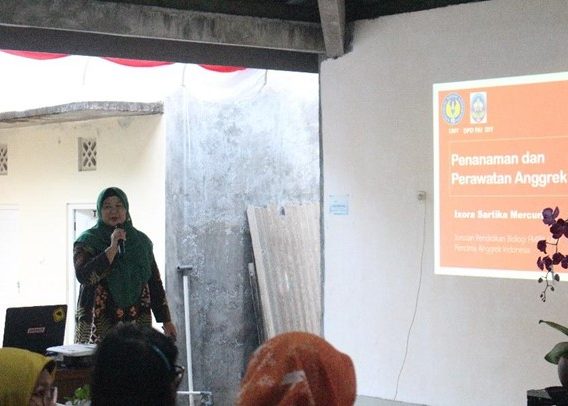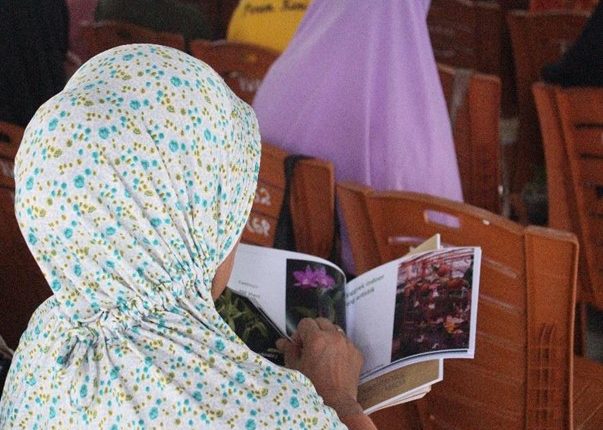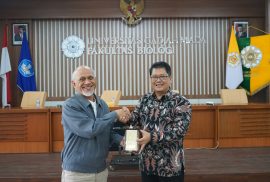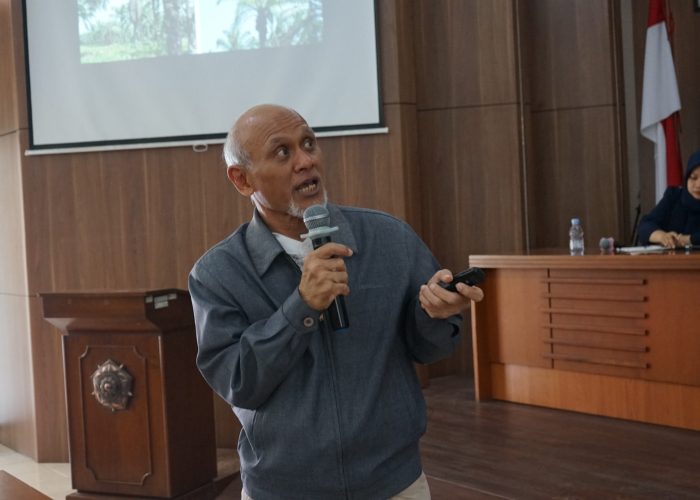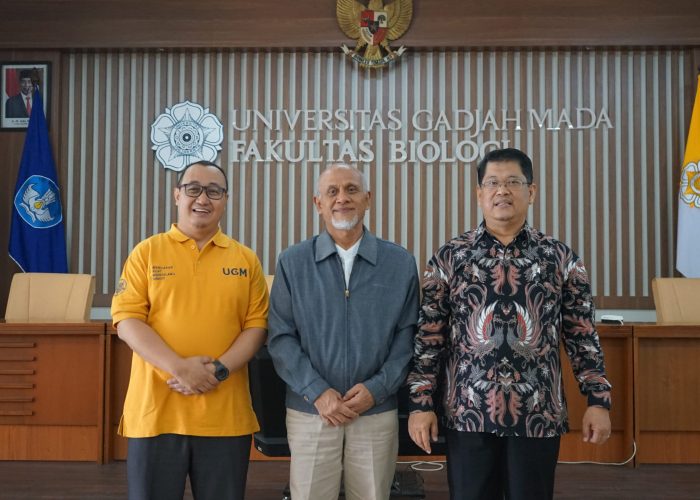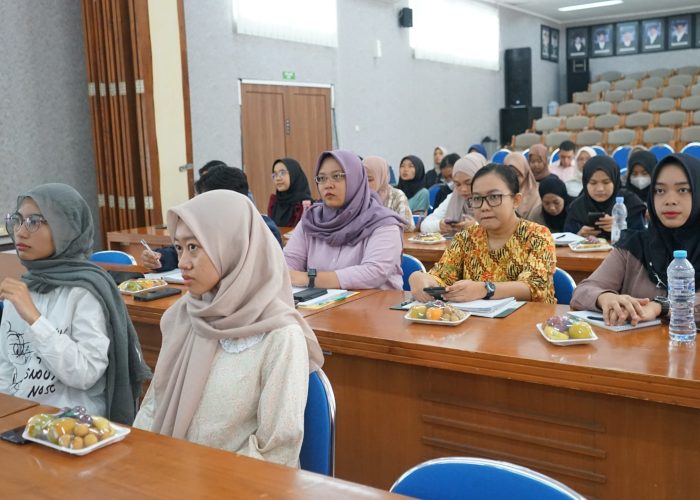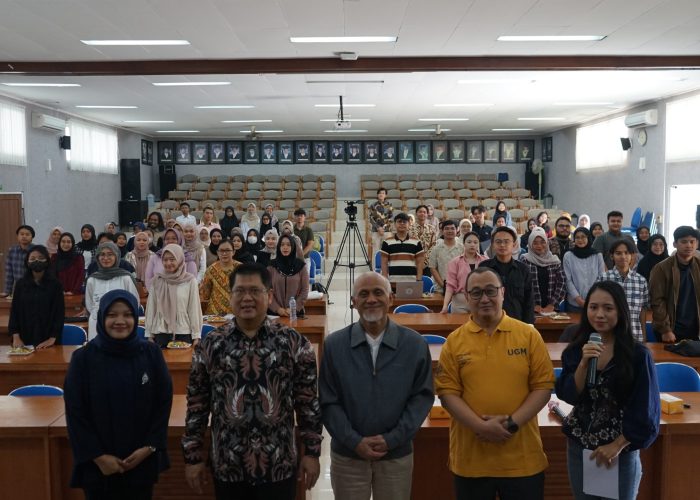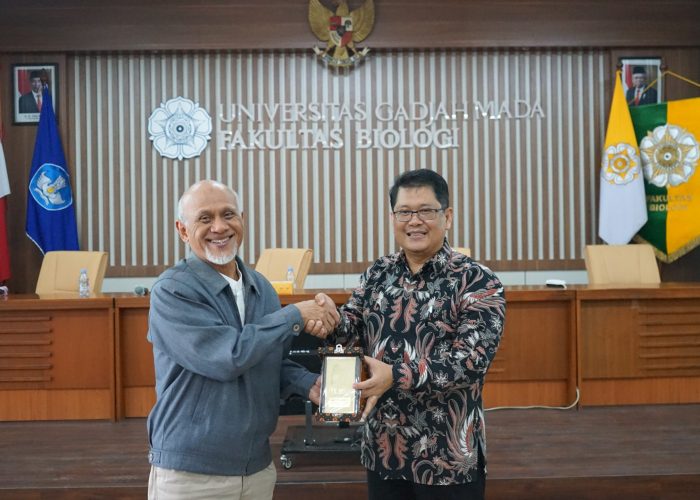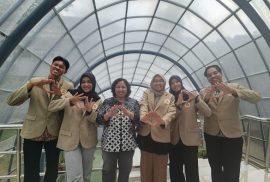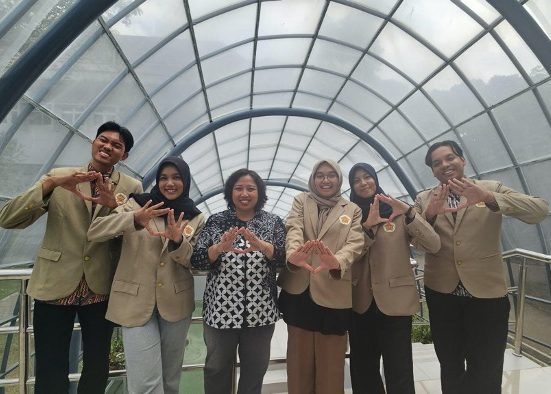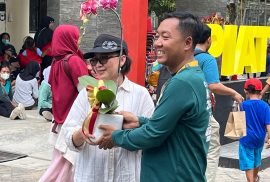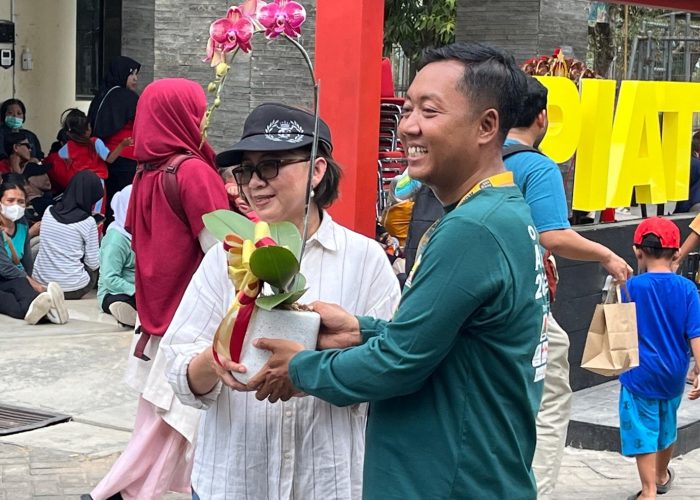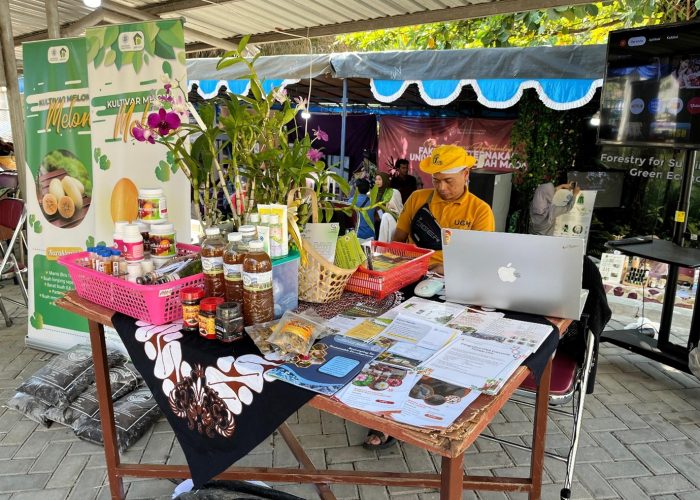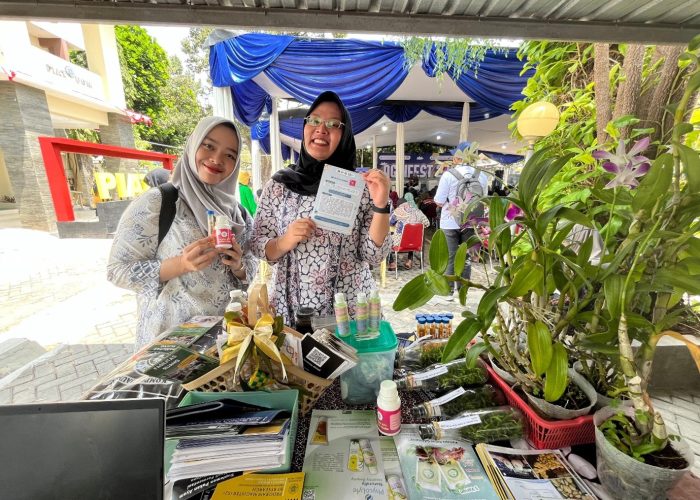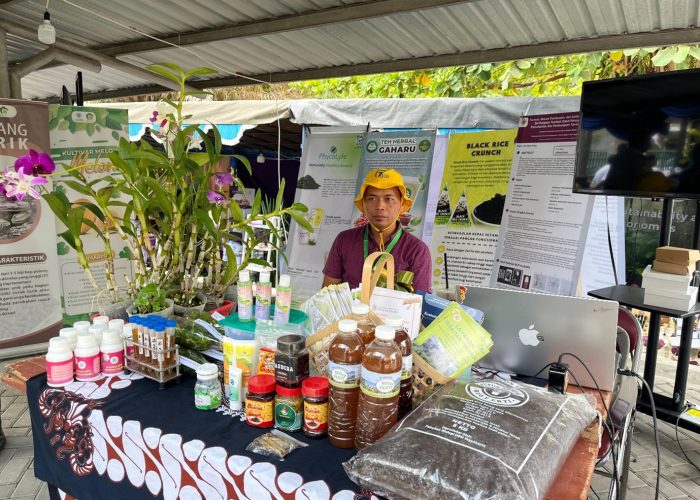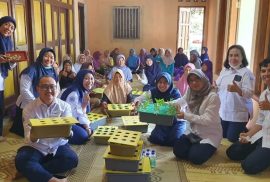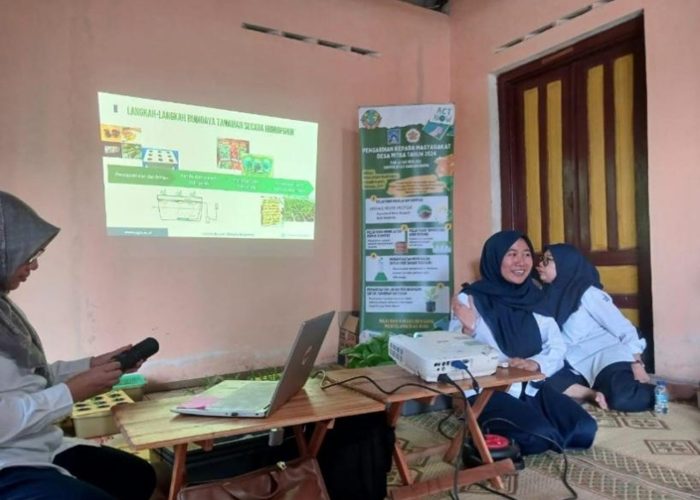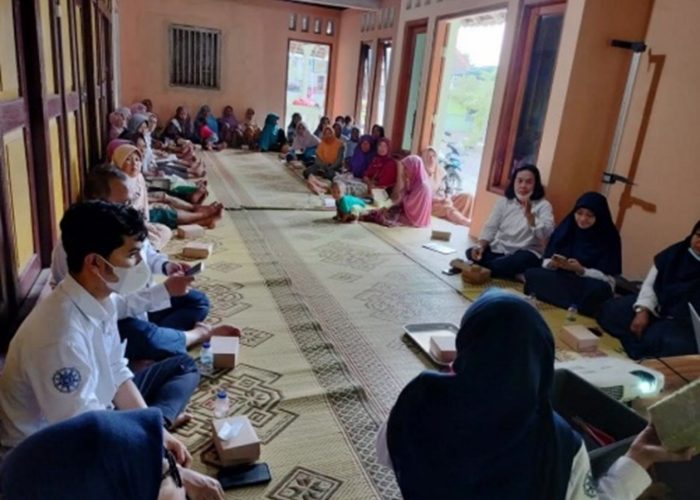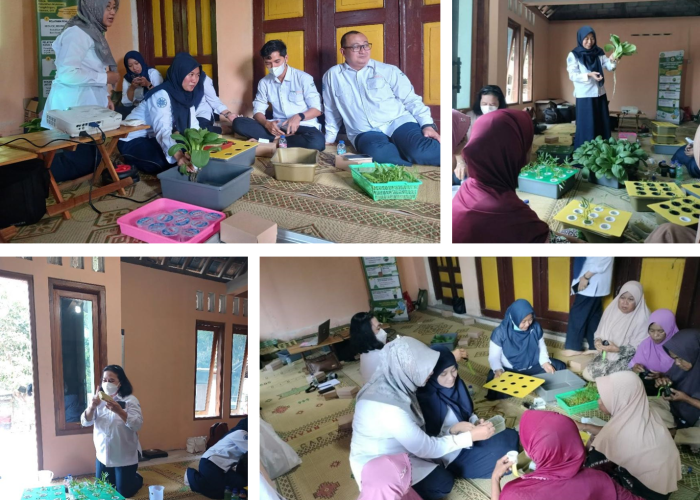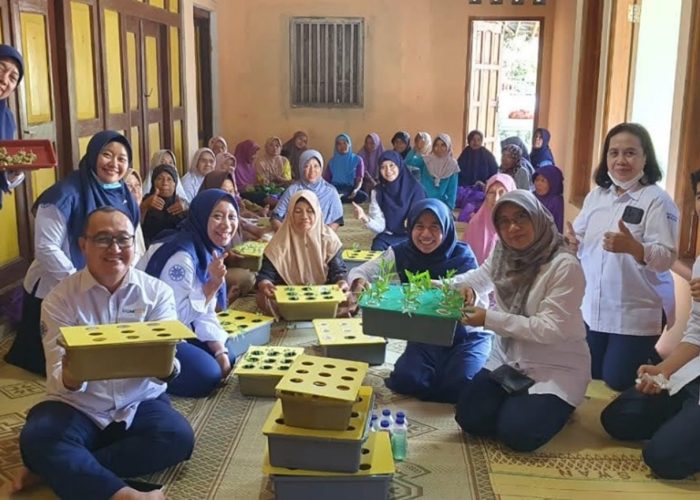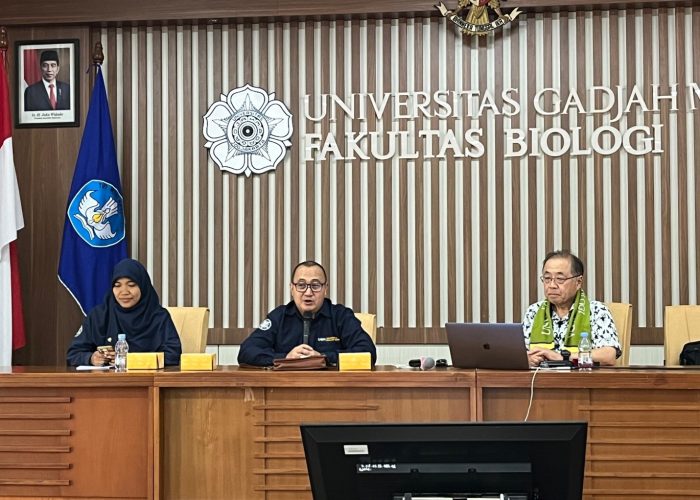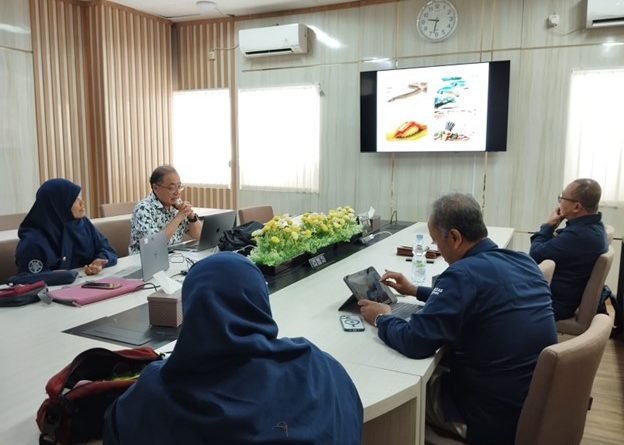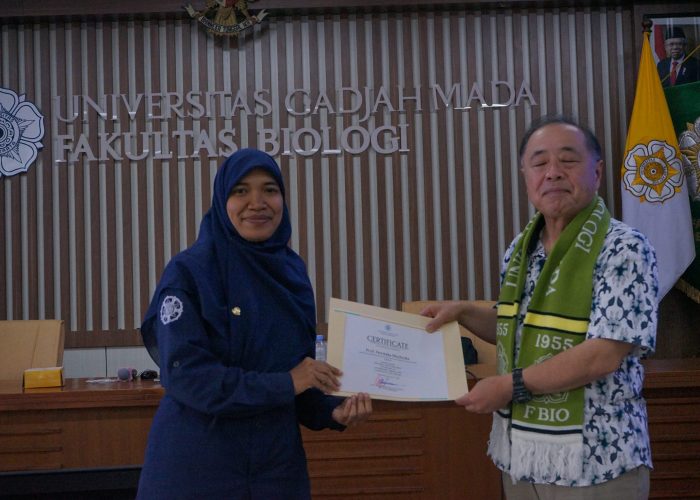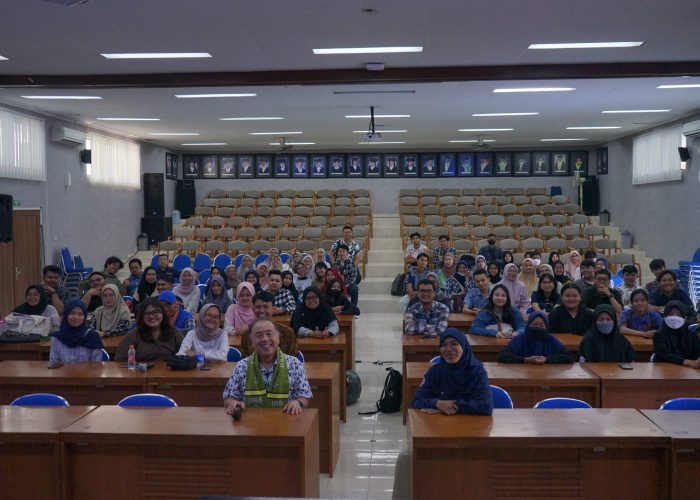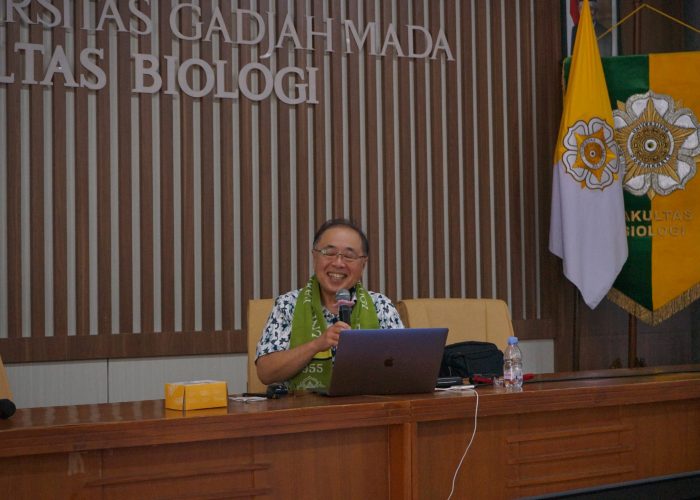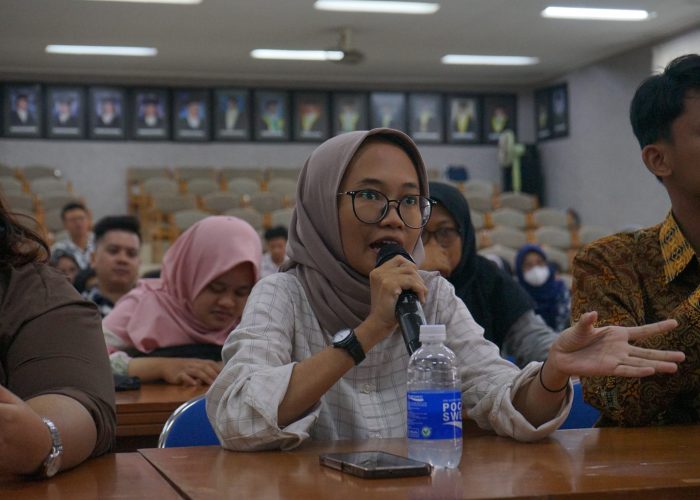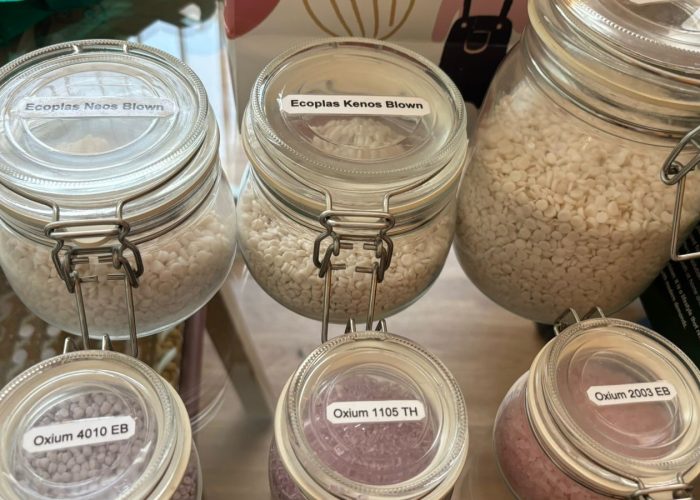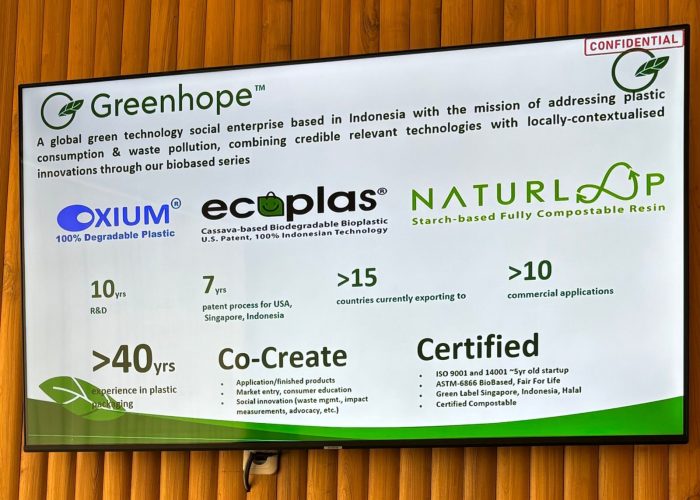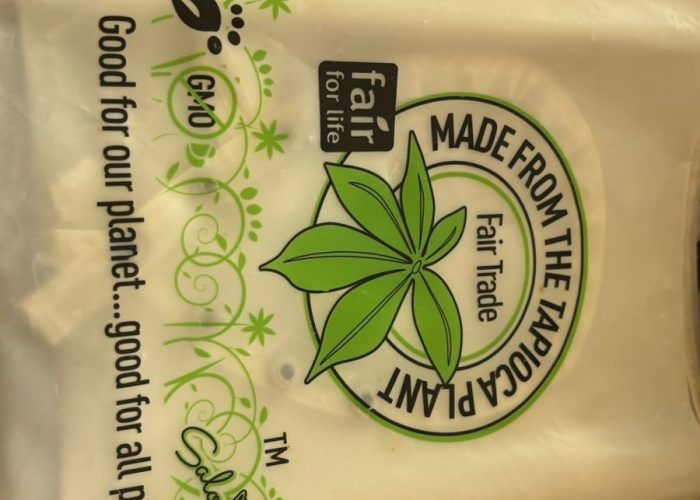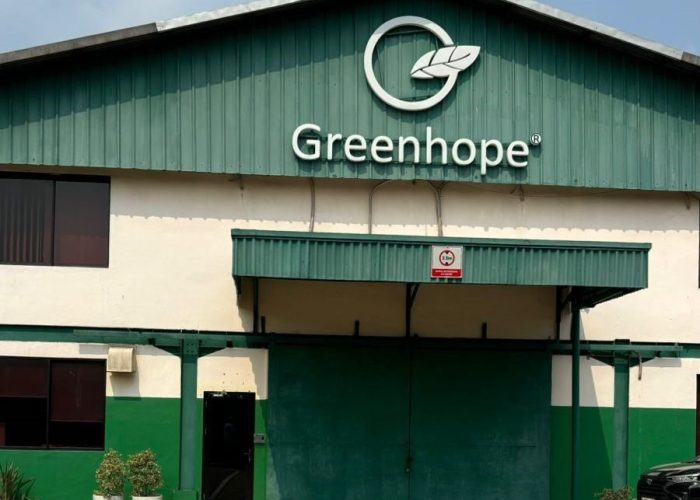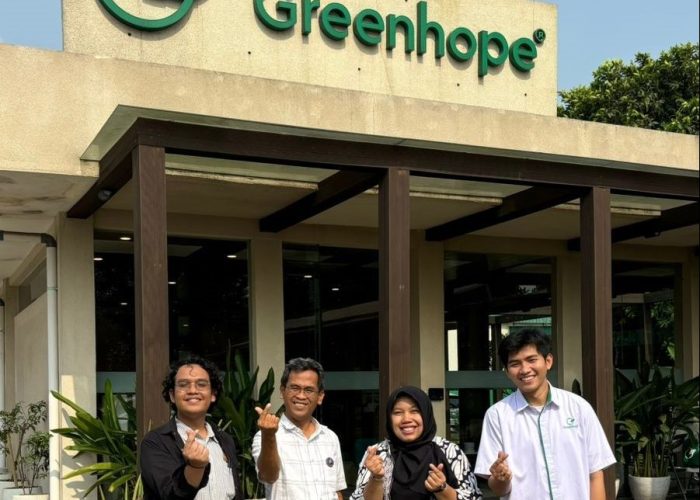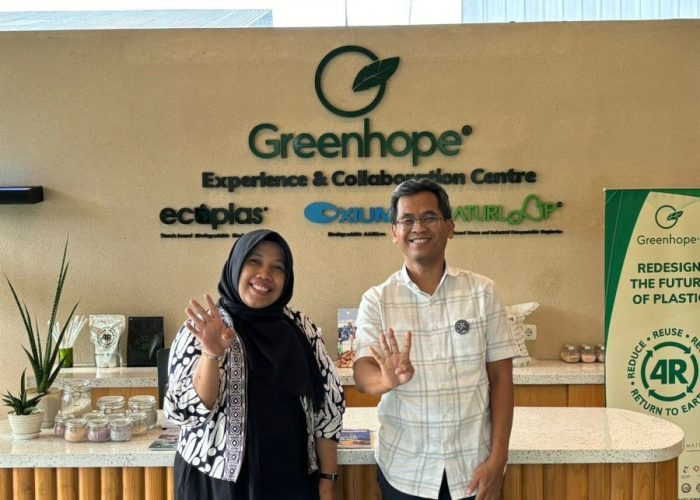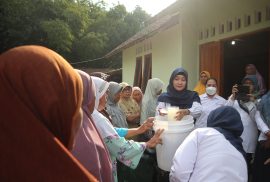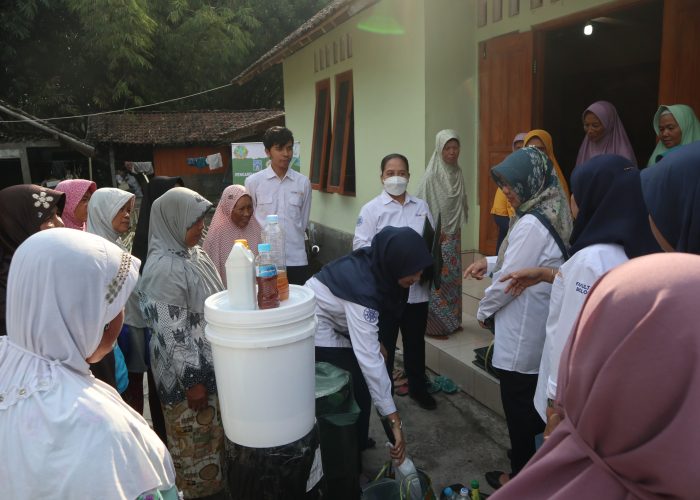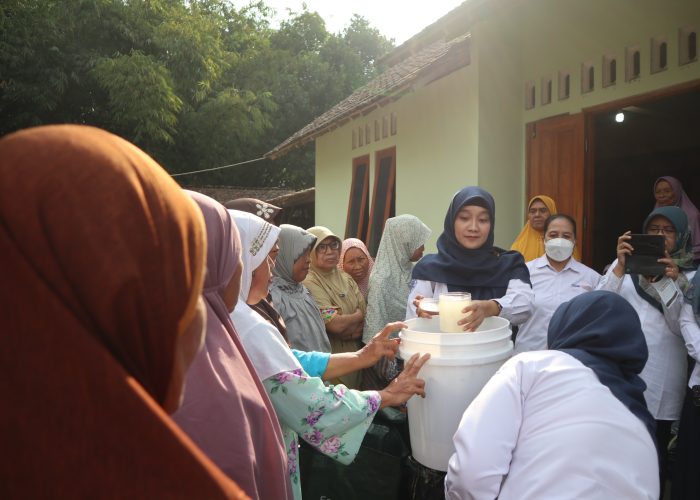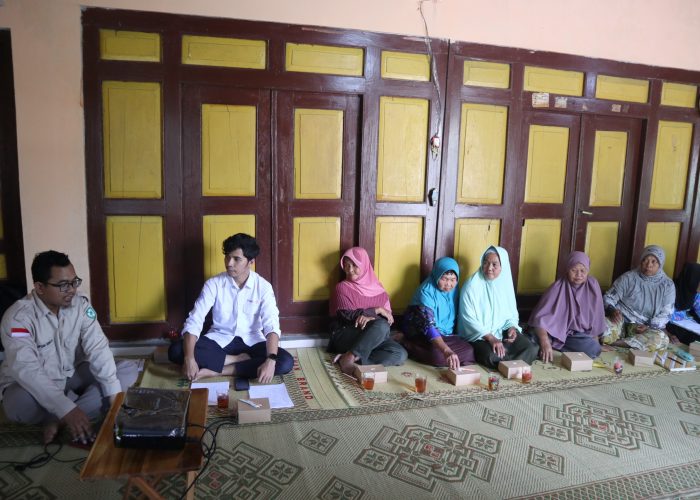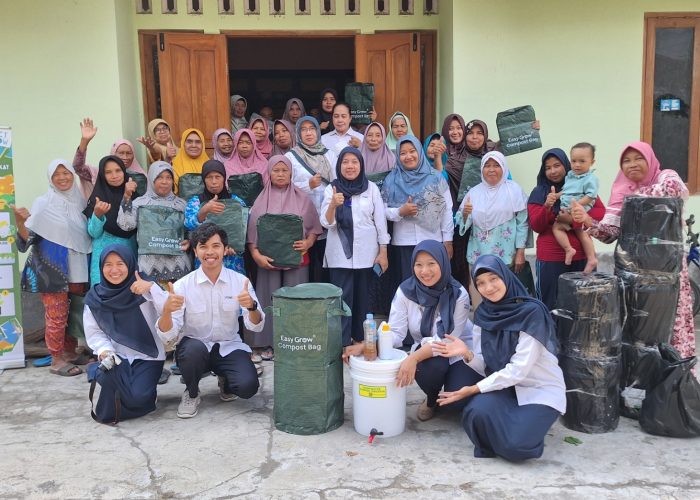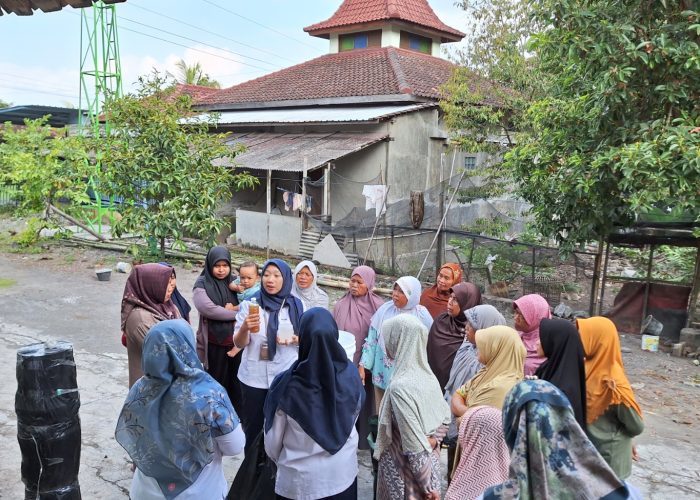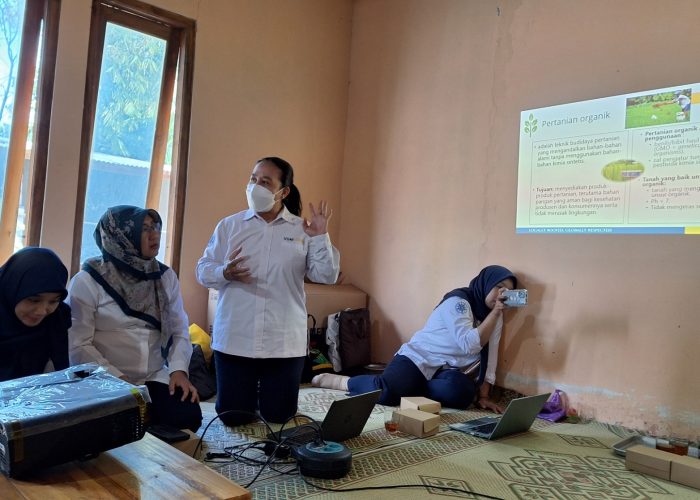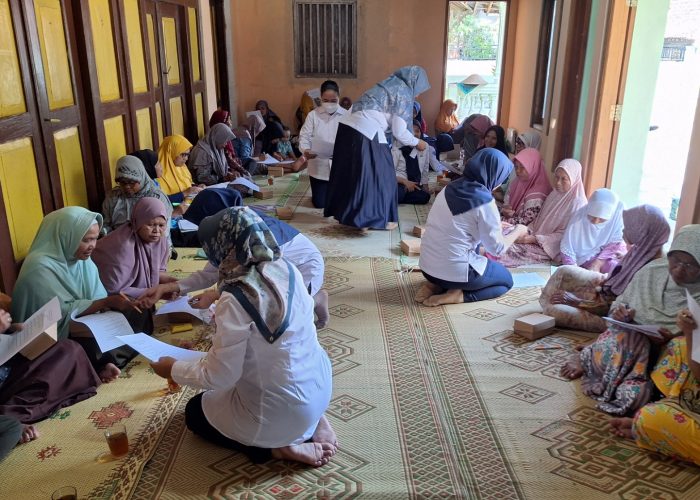Yogyakarta, September 25, 2024 – A student team from the Faculty of Biology at Universitas Gadjah Mada achieved remarkable success by winning 3rd place in the ALCOFE XVIII 2024 Scientific Writing Competition, organized by Universitas Sebelas Maret (UNS) in person at the Werkudara Hall of the UNS Library. This national-scale competition took place from June 27 to July 17, 2024, for registration and abstract submission, followed by the full paper submission phase from July 27 to August 17, 2024, in two waves. The finalists were announced on August 26, 2024, after the full paper submission, and the competition concluded with the Grand Final presentation on September 24, 2024, followed by a field trip, awarding session, and farewell on the next day, September 25, 2024.
The team, named “CIRCEL US” (Circular Economy of Edible for Us), consists of K. William Hendri Panjaitan (2021), K.H. Mahadhevy Ryrathna Vidhantyka (2022), and Adi Citra Prima Pranata (2022), under the guidance of supervisor Tyas Ikhsan Hikmawan, S.Si., M.S., Ph.D. They presented a research based paper titled “Potential of Edible Packaging Biofilm from Cocoa Peel Waste as a Substitute for Food Packaging Plastic.”
In their paper, the CIRCEL US team addressed the issues of 651 million tons of cocoa produced in 2022, which has become one of Indonesia’s important export commodities, contributing significantly to the country’s foreign exchange earnings besides oil and gas. Most cocoa fruit utilization focuses only on the seeds for chocolate production, leaving cocoa peel as waste. Cocoa peel waste (CPW) or LKK (in Indonesia: Limbah Kulit Kakao) is one of the plantation wastes that is rarely utilized. However, cocoa peel contains high levels of fat and complex carbohydrates (cellulose content) at 37%, making it suitable as a biomaterial for edible film, especially in the food and pharmaceutical industries. The nutrient content of CPW is quite good, with dry matter at 88%, crude protein at 11.71%, crude fiber at 20.79%, fat at 11.80%, and nitrogen-free extract (NFE) at 34.90%.
It is noted that plastic consumption in Indonesia can reach 22.5 kg per person per year (excluding the large total population), with most plastic waste coming from food and beverage product consumption in 2022. The application of edible biofilm or EPB using organic waste is one effort to promote a circular economy and environmental conservation by minimizing the addition of plastic packaging in nature. Edible Packaging Biofilm (EPB) can be utilized in various sectors, such as food wrapping. By processing cocoa peel waste into more valuable EPB, it is hoped to improve the community’s economy and create a green environment with environmentally friendly and easily degradable products, thereby reducing daily plastic packaging usage.
EPB from LKK can produce renewable food packaging that is free from plastic materials, significantly reducing plastic-dominated waste when applied sustainably. Support and supervision from environmental agencies and the government fully influence the production flow and consumption effects of EPB, as well as the changes in impact when returned to the environment. The large number of Indonesians replacing plastic packaging with EPB-based packaging will accelerate the sustainability cycle in reducing plastic waste. In this case, EPB can be modified over time so that it can be developed and officially recognized by the local government that natural packaging derived from organic waste meets safety standards for consuming food along with EPB packaging.
Based on reviewed research sources, it has been proven that EPB has the potential to replace plastic packaging and reduce individual dependency on contributing to plastic waste. The processing of EPB packaging is organically sourced and easily implemented through the utilization of cocoa shell waste (LKK). After the consumption of EPB products, it can be considered an important foundation as a reinforcing factor for the principles of a circular economy and in line with global efforts in developing new renewable energy to support the achievement of Sustainable Development Goals (SDGs) points 8, 12, and 15, namely obtaining decent work and economic growth, responsible consumption and production, and protecting terrestrial ecosystems.
This competition was participated by 84 teams from 51 public and private universities from all provinces across Indonesia. The achievement of the CIRCEL US team demonstrates our commitment to developing innovative and applicable research. This achievement also proves that the Faculty of Biology at Universitas Gadjah Mada continues to strive to contribute to the development of sustainable science and technology, in line with UGM’s SDGs goals in building intersectoral synergy to face the challenges of the circular economy in the modern era. [Author: K William Hendri Panjaitan]

